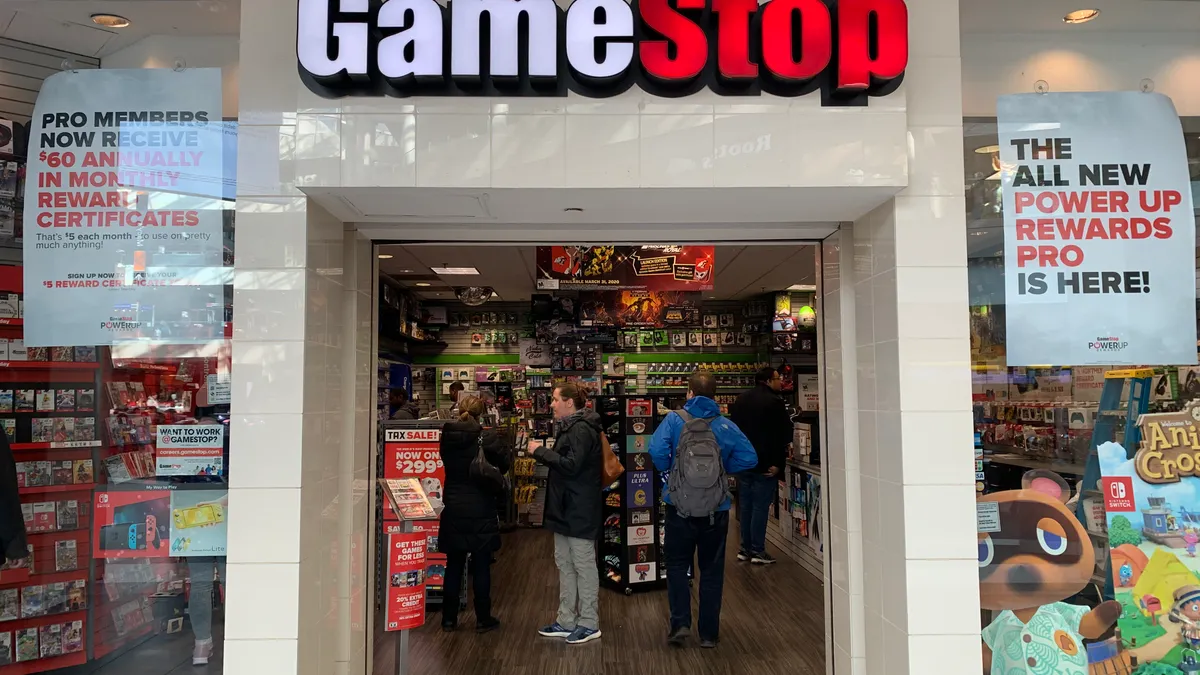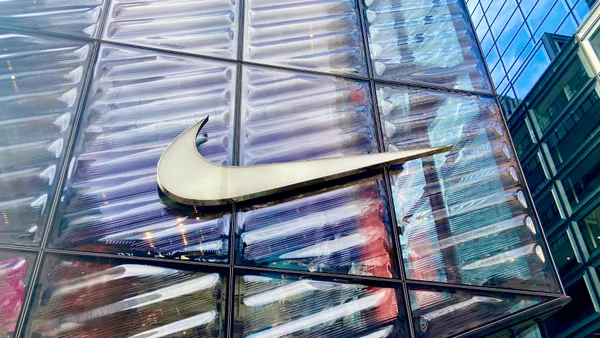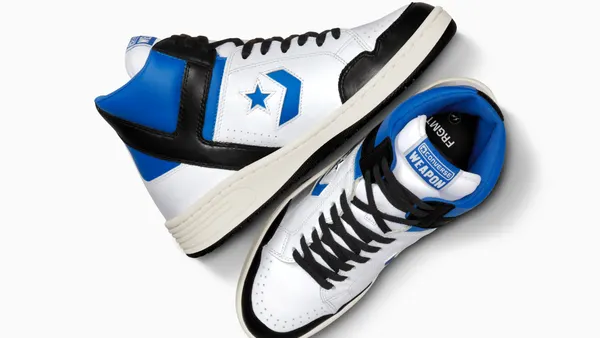Dive Brief:
- GameStop's third-quarter sales fell by 30.2% year over year, with comp sales down 24.6%, as the COVID-19 pandemic, footprint reduction and limited availability of new gaming hardware weighed on the retailer.
- The drop in comps came even as GameStop's e-commerce sales, which are included in that metric, ballooned by 257%, according to a press release.
- Despite the declines, the retailer's executives expect growth ahead in Q4 and beyond. For November, sales were up 16.5% despite GameStop's stores being closed on Thanksgiving this year.
Dive Insight:
While GameStop's Q3 comps and profit fell short of analyst expectations, according to Seeking Alpha, the gaming stalwart's November sales portend a strong Q4.
In the release, CEO George Sherman said the quarter met the company's own "muted" expectations. On a conference call, Sherman said that the COVID-19 pandemic, and specifically its impact on customer mobility, shaved up to five percentage points off the retailer's comps, according to a Seeking Alpha transcript.
Weighing on GameStop's top line were the hundreds of permanent store closures it has made over the past year as the company shrinks its fairly massive footprint. During the quarter, the retailer closed 74 stores, bringing the year-to-date closure figure to 462, the company said.
Sherman said on the call that GameStop is on track to close 700 stores in 2020 and 1,000 worldwide since it started on its current footprint reduction plan launched in mid-2019. By the close of Q3, GameStop had 5,048 stores across its footprint.
Sherman said the company sees "the opportunity to close additional stores going forward in 2021 and 2022 as we optimize the profitability of omni-channel architecture," though he did not outline specifics.
Along with shrinking its store base, the company has also shaved debt off its balance sheet — an important step for a retailer that has drifted into distressed territory over the past year. Later this week it plans to redeem $125 million, or 63%, on a group of bonds due 2021. The company also paid down $10 million on its revolver, CFO Jim Bell said on the call.
Going forward, GameStop is looking to fashion a "digital-first, omni-channel ecosystem for games and entertainment," in Sherman's words from the release. To that end, GameStop's omnichannel capabilities "amplified" its e-commerce sales for the quarter, Jefferies analyst Stephanie Wissink said in an emailed research note.
The months ahead could be a bellwether for GameStop, as the next generation of consoles spreads. The lack of availability hurt the retailer in the short run. In the long run, GameStop will prove its continued relevance, or lack of, by its ability to sell accessories and other merchandise and connect with gamers in other ways in an increasingly digitized category.
Telsey Advisory Group analysts led by Joseph Feldman said in a research note that GameStop's store reductions, investments in digital capabilities, 60-million member rewards program, leaner store operations and new businesses like PC gaming should drive profit growth and cash flow going forward.















